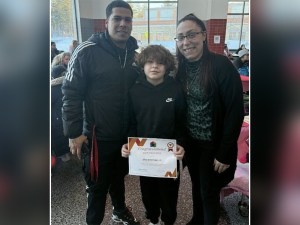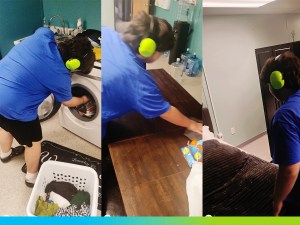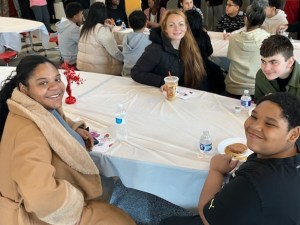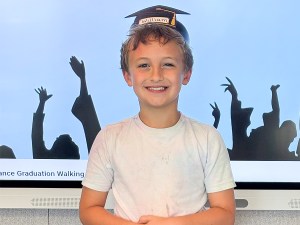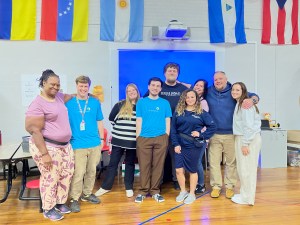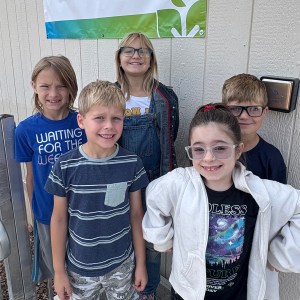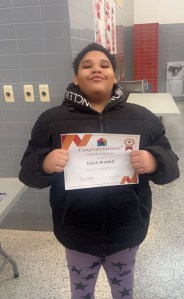In-District Classrooms
Narrow Your Results
Sort By:
-
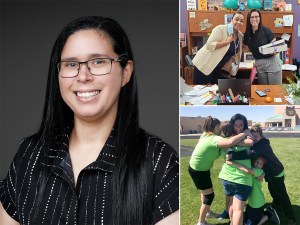
From Intern to Program Director: Joselin Ortiz
A Future Program Director Starts as a Student Intern Joselin Ortiz began her career in education before even earning her…
February 10, 2026 -

Strong School Partnerships at Southbridge Academy
Why School Partnerships Matter at Southbridge Academy Student success at Southbridge Academy does not happen in isolation. It is the…
February 6, 2026
